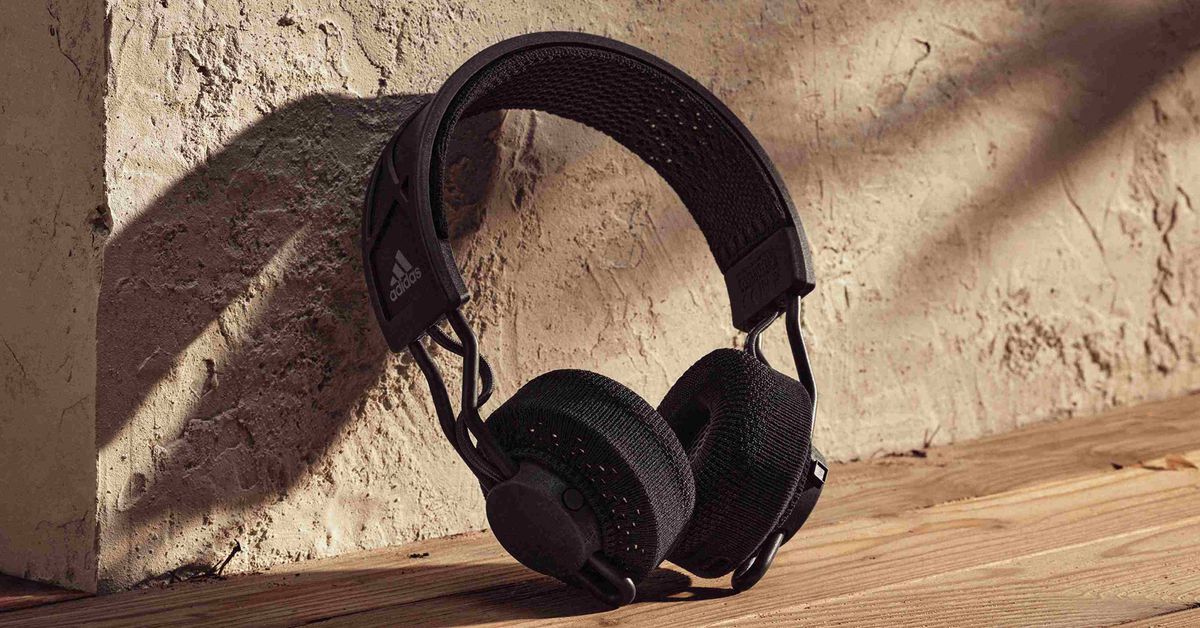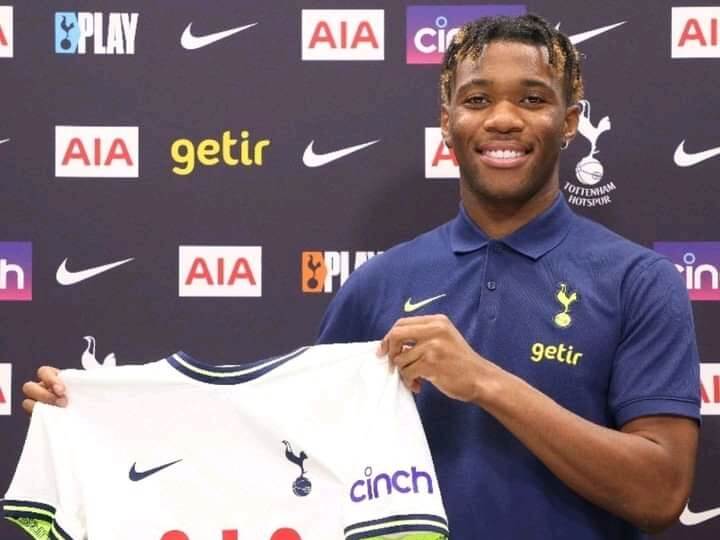Solar-powered gadgets are nothing new — Logitech has sold keyboards you never have to plug in for over a decade now. But an audio headset where barely there solar cells blend into the design? Until this week, we’d only ever tried one of those. Now, there are at least four.
On Tuesday, Adidas announced the RPT-02 SOL, a $230 pair of self-charging Bluetooth cans with Exeger’s Powerfoyle solar cells built right into the recycled plastic headband (via Engadget). That’s the same exact technology as in the Urbanista Los Angeles solar-powered headphones we reviewed last year, and they also quote the same 80 hours of “reserve” battery life, even in a pitch-black room.
We haven’t tried the Adidas headset yet, but the solar tech totally worked when my colleague Jon Porter tried it in the Urbanistas. Even indoors, without leaving them to charge in the sun, we saw impressively low battery drain. “The beauty of the Los Angeles headphones is that you don’t really have to think about it,” Jon wrote. Adidas makes no mention of active noise cancellation (something the Los Angeles has) or any fancy audio codecs, but it does have IPX4 water resistance, a microphone, and a USB-C port for backup charging. And Engadget writes that their predecessor, made by Zound, had remarkably good sound.
Urbanista is also now bringing the Powerfoyle panels to a set of true wireless earbuds (well, technically, their charging case), and a company called Blue Tiger also just put what it claims is the “world’s first solar powered communications headset” on sale late last month, again with the Powerfoyle cells and a noise-canceling boom mic. The Blue Tiger Solare cost $220.
:no_upscale()/cdn.vox-cdn.com/uploads/chorus_asset/file/23951864/req_1_4_1500x.jpg)
I also spotted this upcoming POC Omne Eternal bike helmet, which uses the cells to power a flashing rear safety blinker.
It wasn’t a given that this tech would take off, even to this preliminary degree. JBL crowdfunded a pair of headphones like these on Indiegogo back in 2019 but wound up canceling the project and handing out refunds. Another Indiegogo campaign for solar-powered earbuds by a company named Pearl Audio is currently “under review.”
But the tech actually works, at least for low-power devices like these. And it’s really nice when you don’t have to think about charging gadgets.





















Discussion about this post